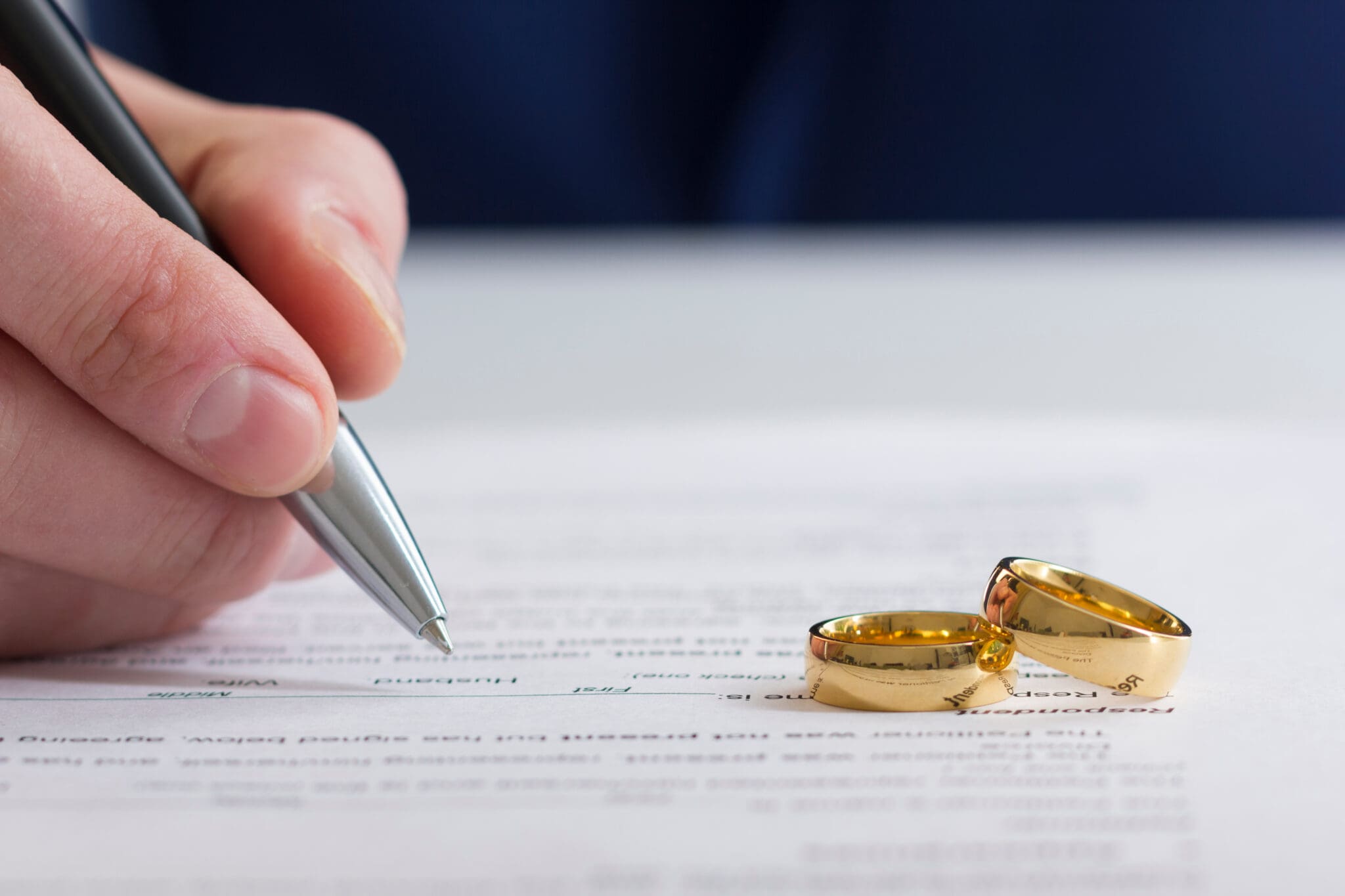Forensic accounting in divorce
Divorce is a sensitive and stressful time for those involved, particularly when there is a disagreement over finances and how marital assets should be split between spouses.
These disputes can become very hostile, especially if one or both spouses have complicated business arrangements. In these cases, it can be difficult for the court to determine how to divide assets fairly. That is where forensic accountants, like us, can play a pivotal role in aiding the Judge to make that decision.
The role of a forensic accountant in divorce
The role of a forensic accountant in divorce will vary depending on the nature of the assets and areas being disputed. In short, their role is to ensure both parties receive their fair share of the marital assets. Some common areas where they can assist include:
- Business valuation – if one party owns a business and there is a dispute about its value, a forensic accountant can be engaged to value the business.
- Hidden assets – sometimes, one party has been in charge of managing the couple’s finances and may try to conceal assets. A forensic accountant can be instructed to trace and estimate the value of these hidden assets.
- Undisclosed income – one party may have a complicated remuneration package that includes benefits such as deferred bonuses and shares. A forensic accountant can be instructed to estimate how much money will likely be received for these deferred elements.
- Tax implications – when assets are divided during a divorce it can have a big impact on the taxes each spouse has to pay. A forensic accountant can explain the tax implications following divorce.
- Expert witness services – forensic accountants can serve as expert witnesses in divorce cases. Presenting their evidence in a clear report and providing oral testimony, if required.
Who instructs a forensic accountant?
Typically, the court will only approve the appointment of a forensic accountant to act as a single joint expert (SJE). The SJE is instructed by both spouses and prepares a report for the court. Using a SJE has benefits: the expert is impartial because they are acting for both parties which avoids potentially lengthy and complex debates between opposing experts and it is cost-effective because both parties split the fees.
In rare cases, the court may approve party-appointed experts, however, this usually happens when the divorce is particularly high profile or if one party has made an application to the court providing a good reason why party appointed experts should be appointed.
Although the court usually does not approve party-appointed experts, each party can appoint a forensic accountant as an expert advisor, commonly known as a ‘shadow expert’. The shadow expert works with the party’s legal team behind the scenes. They cannot give evidence in court, but they can help critique and challenge the opinions of the SJE.
How we can assist
Our forensic accounting team specialises in dealing with financial issues in divorce cases. We have practical experience that allows us to prepare robust valuations, trace hidden assets, and perform detailed analyses of financial information. In addition, our tax team can offer guidance on the tax implications of dividing or disposing of assets to limit financial liabilities and our Financial Planning team can assist with developing a long-term financial plan following separation.
We take a strategic and cost-conscious approach to divorce matters. We work closely with our clients to understand the case and how they prefer to work. If necessary, we will use advanced analytical and statistical techniques to review large quantities of data and present our findings clearly and concisely. We can also provide expert testimony in court if required.
We undertake assignments as sole-party expert, single joint expert, or ‘shadow expert’ advising one party.
If you would like further guidance or to arrange an initial consultation, speak to our team today.

Let’s get started
Contact page
Contact Us





